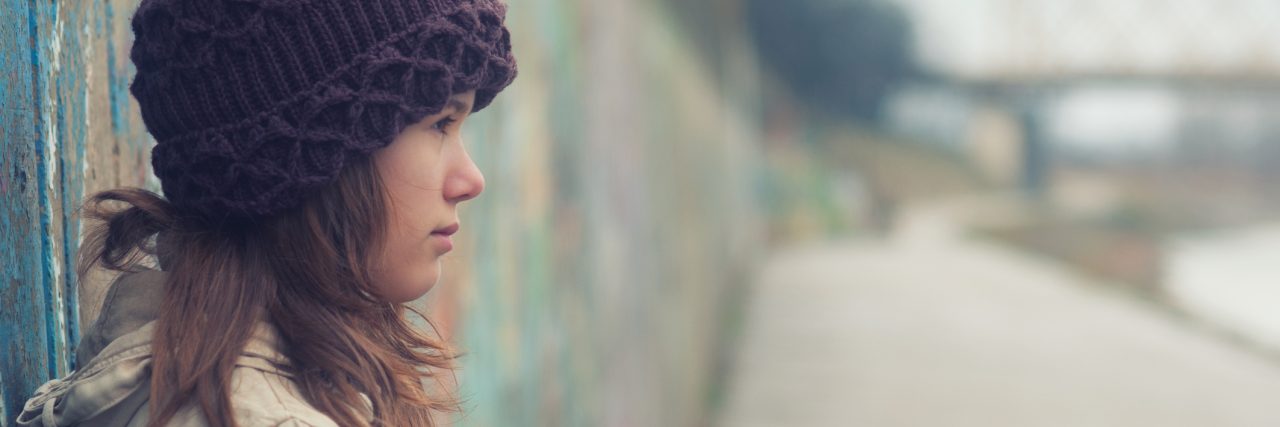I Was Diagnosed With PTSD at 14, but There Was No Place for Me
I was diagnosed with post-traumatic stress disorder (PTSD) at 14. But there was no place for me. I was given medications that worked for adults with PTSD. They worked, but no one talked to me about how being diagnosed as a child would affect me. Because there was no place for me. Doctors wrote notes in charts but didn’t explain them to me.
There was no one to talk to who’d been through it. No one to show me the ropes. Because there was no place for me. Nobody was familiar with childhood PTSD. Children with my disorder typically don’t get diagnosed until adulthood.
There was no support group for kids like me. So I taught myself the tricks of the trade. I constantly looked up things about PTSD and how to manage it. Since I didn’t know anyone who’d fought this disorder I cobbled together all the coping mechanisms I could find. I didn’t care where they came from, only that they worked.
The scariest part though was knowing I wasn’t alone. I was trudging along trying to survive feeling like a sole survivor of an apocalyptic world, but I wasn’t. I knew the statistics about foster kids and the fact that we experience PTSD at high rates.
So how was it that we existed in that kind of numbers and yet never saw each other, never interacted? Never managed to pass on information desperately needed for survival? I don’t know. What I do know is growing up, there was no place where I could talk to people, let alone someone my own age, with PTSD about PTSD.
As an adult I have found places that fill this need, but I don’t need them nearly as much as I did then. So I’d like to ask. Is there a place now for children and adolescents with PTSD to talk to each other about what it’s like? If not, can we make one? So future kids aren’t struggling alone, wondering if there are in fact others out there.
Thinkstock photo by prudkov

